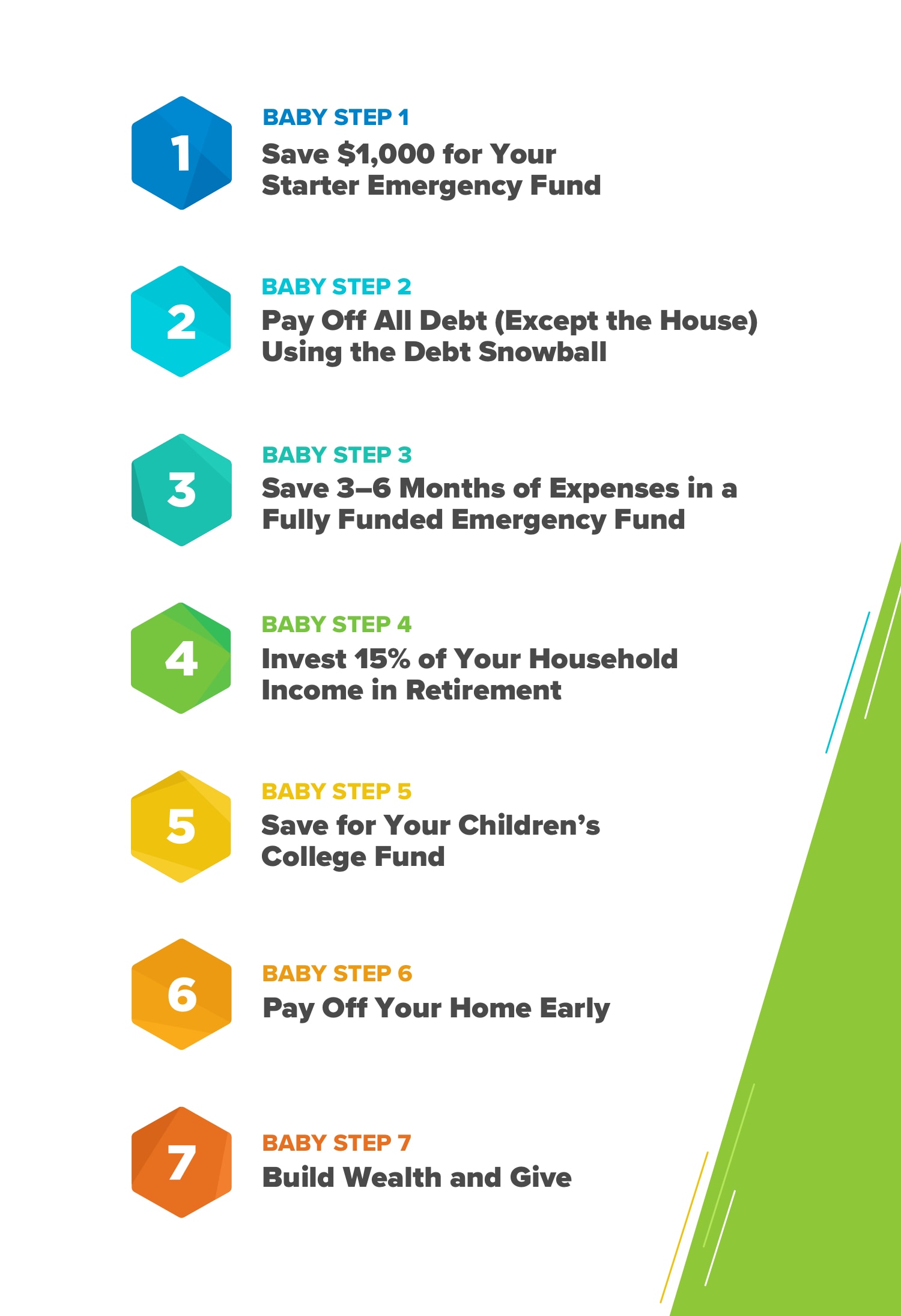The struggle is real when it comes to deciding which classes you must take. Should I take marketing, entrepreneurship, or business management? There are virtually thousands of courses available today that can impact your life and career. But if you will ask me, I would take financial management over other classes any day.
Personal finance is among the most essential classes you should take. Money will always be part of the world we live in, thus learning how to manage it is a skill everyone should have. Be sure to enroll in a personal finance class whenever you have the chance. Not all schools teach this subject.
Money will generally be involved in whichever career path you take. You will encounter it in employment, business, or even when you decide to become a stay-at-home parent. Taking any financial management-related course is a wise investment that will bring good returns. Read on if you want to learn more about personal finance classes.

What is taught in a personal finance class?
- How to understand money better.
What is money? If you can’t answer this confidently, then you might need to consider taking a personal finance class. It breaks my heart to see people work seventy to eighty hours a week without knowing what they are really working for. All they see is money as a means to pay for their needs or wants.
- How to budget.
Budgeting is among the core disciplines in personal finance. It is basically the practice of putting a limit to how much you can spend on a certain category in your expenses (e.g. food, utilities, and transportation). Here are a few examples of budgeting methods:
The envelope system — it is the process of distributing the cash in five to seven envelopes and labeling it to where it should be spent. The fund in those envelopes can’t be spent elsewhere except only in the category written on them.
The 50/30/20 budget — every payday you will divide your income into these percentages:
50% on necessities
30% on wherever you want
20% on savings, debt payment, or investment.
The pay-yourself first method — a simple budgeting approach where you determine how much money you want to keep before spending what is left. You can use the 20/80 or 30/70 principle. What it essentially means is you are going to save 20% first and then spend 80%. Or better yet, keep 30% and spend 70%.
The “no” approach — perhaps the simplest yet the most difficult budgeting strategy. The idea is to just say “no” to yourself when you do not have the money to spend. This method basically keeps you from getting into debt as it does not encourage you to use credits or loans.
The zero-based budget — this is the practice of spending your income on paper first before actually spending it in real life. The total, in the end, should be zero. This method allows you to think hard about where to spend the money you have currently on hand.
| Income | Amount |
| Business | $1,000 |
| Side-hustle | $500 |
| Total income | $1,500 |
| Expenses | Amount |
| Food | $300 |
| Rent | $400 |
| Utilities | $300 |
| Transportation | $200 |
| Education | $200 |
| Entertainment | $100 |
| Total expenses | $1,500 |
| Total budget | $0 |
- How to make your money earn more money.
Buying assets or putting your money in vehicles that will make it earn interest is called investing. This is perhaps one of the most important topics you will learn in a personal finance class to help you avoid being scammed. The rule of thumb is to never invest in things you don’t fully understand. Be sure to study first before getting into any kind of investment. Here is a list of the common assets people are investing in:
— Stocks
— Real estate
— Business
— Commodities such as gold and oil
— Precious stones
- How to create financial goals.
Why are you working? How much is enough? What will you do if money is not an issue? Have you asked yourself these questions? Learning how to set financial goals is important because it will re-align your thoughts on how you should live your life today. As for me and my wife, our aim is to free ourselves from debt. That goal taught us to live a simpler life, so we’ll have excess to pay our creditors.

- How to prepare for life’s uncertainties.
Knock on wood. But what happens when you suddenly lose your job or fail your business? What happens when you become ill or get involved in an accident? Life can sometimes throw a curveball and, more often than not, it will cost you a great deal of money. Protecting you and your family from life’s uncertainties is one of the major topics personal finance classes cover.
Is personal finance a hard class?
Personal finance as a whole is not a hard class to take. It only involves basic math and most of the ideas are generally common sense. But what will make this class a challenge lies in the level of your interest and the lecturer’s skill to teach the subject. Any class that contains numbers can be taxing. Below is a list of occasions that can make learning personal finance difficult:
- It can be boring.
Personal finance is not sexy. You may dread this subject if you are not fully interested, or if your teacher is not skilled enough to make the class interesting. Being broke and being in debt was my initial motivation to attend personal finance classes. But I learned to love it eventually.
- Understanding financial terms.
There is a bunch of jargon you need to learn and there is no way around it. Improving your financial vocabulary is vital to understanding personal finance. The more financial terms you learn, the better you understand how money management works. Every word is like a piece of the puzzle that shows you the whole picture when put together.
- You must know math.
Learning personal finance requires you to be a master of basic math. You should know addition, subtraction, multiplication, division, and percentages. The reason is you will encounter several important financial equations you must get yourself familiar with. Simply put, if you hate math, there is a big possibility you will hate this subject as well.
But the good news is that you do not necessarily need to memorize any equations nowadays. You can simply go online and access the many financial calculators for free. The challenge, however, is to grasp the principles behind these formulas, so you will know how to use them.
- Dealing with wrong money habits and mindset.
Personal finance classes are in some ways a “character-revealing” class. Taking it will allow you to get to know yourself better and challenge your old beliefs, which is an excruciating thing to do. I had a difficult time accepting the fact that loans and credit cards are unhealthy ways to buy stuff or start a business — because I was raised knowing debt as simply a normal part of one’s life.
- Applying it to our lives.
Financial management is fairly easy to learn but very difficult to apply in real life. It requires a great deal of self-discipline and consistency. It is a skill that needs to be part of your lifestyle. I am a graduate of BS Hotel and Restaurant Management, majoring in Travel and Tourism. But more than a decade later, I have yet to use the skills and knowledge I acquired from this course. I hope this does not happen with your personal finance class.
Summary
In essence, personal finance classes are good for everyone who uses money in their daily lives. They will learn how to create a budget, invest, prepare for their future and get better at managing their money overall. It is generally an easy course to pursue since it chiefly requires common sense and basic math proficiency. Nevertheless, students who are not fully interested in money management might find this class challenging.
Recommended online personal finance classes
- Introduction to Finance: The Basics
- Financial Planning for Young Adults
- Personal and Family Financial Planning
- The Fundamentals Of Personal Finance
- The 5-Course Track to Budgeting, Creating More Wealth, & Setting Up a Promising Financial Future
See also
- How To Understand Personal Finance (Here are 6 ways)
- Why Is Personal Finance Personal?
- How Can You Apply Personal Finance In Your Daily Life?
- How Does Personal Finance Impact You?
- What Is The Purpose Of Personal Finance? Not what you think
